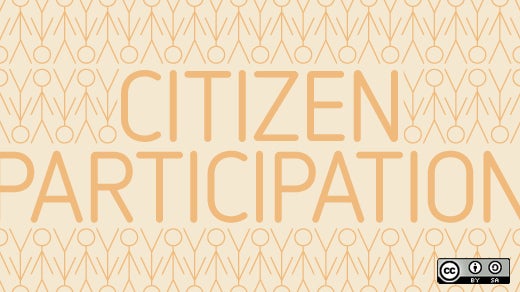Open source is often the heart of many civic technology solutions because using open source leverages the minds of many. Small web solution providers, in particular, often turn to open source as a way to deliver services without having to reinvent the wheel. I recently found out about Digital Deployment, a civic web solution provider in Sacramento, that leverages open source, and so I asked them to share their story with me. I chatted on the phone with Chief Operating Officer Sloane Dell'Orto and Lead Software Engineer Dennis Stevense.
Digital Deployment had its origins back 2004, when Mac Clemmens started a small company to deliver Drupal solutions. Typical clients have been large associations, nonprofits and institutions, including the Education Writers Association and the California State Teachers' Retirement System. These larger clients would typically pay $50K to $200K for a Drupal solution.
When attending civic technology conferences, Digital Deployment employees came to learn that their Drupal solution was financially beyond the reach of some potential clients. These clients—Special Districts—are the smallest form of local government. e.g. fire districts, water districts, community service districts. They needed website solutions but simply could not afford the larger project cost. Putting their heads together, Digital Deployment staff came up with a less expensive software as a service (SaaS) solution named Streamline. Streamline itself is not open source, but is built using open source tools including Ruby on Rails, Angular and React. Digital Deployment staff contribute back to the tools they use with bug fixes and the like.
Not long ago, the California legislature passed a transparency law, SB272, requiring all local government agencies to create a system catalog of the computer systems they use that meet certain requirements. Digital Deployment saw a role for themselves in helping local governments comply with this new mandate. Dennis and Sloane brainstormed and built the System Catalog Tool to help agencies easily comply. This tool was built using Node.js with a React frontend. Digital Deployment distributes this tool for free for local governments in California to use. Here again, the solution that was created is not open source, but was created using open source tools. Dennis tells me that he and Ben (the company’s other software engineer) love participating in local open source meetup communities including the Ruby meeting, Drupal group, and the Sacramento Javascript Meetup.
I asked Digital Deployment what open source conferences staff attends. Dennis told me that he attends DrupalCon and BADCAMP (the Bay Area Drupal Camp). He recently attended the Open Source & Feelings conference in Seattle, where he found value in the presentation on the Node Package Manager.
I felt obliged to ask Digital Deployment whether they have considered releasing their own solutions as open source. Sloane Dell'Orto answered that their hope is to someday do that, but they are mindful of the burdens doing that would have on their small company. Dennis explained it in this way: "Releasing your sofware solution as open source is a serious commitment. You cannot make the decision to do so casually, because it's easy to be overwhelmed. It's sort of like adopting a puppy. Unless you're prepared to do all the work involved in raising a puppy, you should not be making that commitment."
What I learned from talking with Digital Deployment is that closed source solutions and open source solutions do not need to be an either/or proposition. There are ways that the open source ecosystem can support closed source solutions, and the solution providers can participate within the open source community returning value back to that community.







Comments are closed.